Upcoming Prodcution Unit
We are happy to inform you that our partner Karnataka State Council for Science and Technology will complete setting up the Yadgir energy food production unit by mid-May and we will be ready for trial production of VitaPoshan.
People of all age groups from the most deprived sections, will have access for the first time to this affordable, tasty, fortified nutritious food, which will be produced by Yadgir SHG women from locally available Agri Horti produce.
We are also informed that this will be the first medium scale industry in Yadgir District, and we look forward to witnessing first-hand the spin-off effects of the start of industrialization on the lives and attitudes of the local people, in what we call a pre-industrial pocket of India.
Our field partner BAIF is already working with the women SHGs and we will now start training them for production, fortification, safety standards, marketing, etc. and keep you posted as we progress.
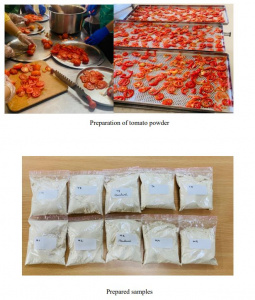

Establishing SHG/FPO enterprises to address malnutrition and provide rural livelihoods in Yadgir District, Karnataka
India, one of the largest fruit and vegetable producers in the world loses 20-30% production due to spoilage and post-harvest losses because of lack of primary processing facilities, fuel-efficient post-harvest technology and hygienic storage facilities. India also has high rates of undernutrition, anemia and micronutrient deficiency among the population, particularly among children, adolescents and women.
We believe that it is important to prevent wastage of valuable and nutritious horticulture produce.
In the absence of primary processing facilities for preservation or processing, it is to be expected that the wastage of Horticulture produce will continue unless simpler methods using alternative source of energy and more decentralized operations at the grassroots for processing and preserving the Horticulture produce are introduced.
To fill this technology gap, we are implementing a pilot project through SHGs in the Aspirational District of Yadgir, which according to our information has not a single food processing unit, SHGs will be trained to start primary processing units of locally available horticulture produce primarily tomatoes and bananas, through simple energy friendly rural technology. This would fill the huge technology gap which is prevailing in our country, especially in the most backward and forest areas, and prevent wastage
This Horticulture Pilot Project is being funded by Department of Science and Technology, Government of India.
This pilot project is being undertaken in partnership with Karnataka State Council for Science and Technology (KSCST) and Centre for Sustainable Technology (CST) will
- Provide livelihoods to SHGs/FPOs through Innovative Farm Based Enterprises, Value Chains and Market Linkages.
- Address malnutrition in the community and provide nutrition security and improved nutritional status of the rural poor during lean season.
- Prevent wastage of fruits and vegetables, reduce losses during glut season, arrest distress sales and reduce market risks.
- Provide cash income to the SHGs/FPOs and contribute to their economic empowerment.
- Build capacity of FPOs/SHGs, improve the quality of life of women through value added income generation and marketing of nutritive horticultural products preserved/dehydrated/processed through fuel efficient, green energy
SHG Mobilization
BAIF Institute for Sustainable Livelihoods and Development is our Field Partner.
Presently, three streams of activity are in progress.
1. Baseline Survey and Socio-Economic survey have been completed and are being documented.
> Mobilization of Women Self Help Groups in Yadgir District is going on through BAIF field workers under the supervision of ACPN.
> Advocacy material is being given to the SHGs with personal counselling regarding proper child, adolescent and maternal care, and proper dietary practices within family budges.
2. Product Development for affordable nutritious supplementation for children, adolescents, adults and for general daily diet, made from locally available agricultural/horticultural produce is being done by the Home Science Department Lab, Mount Carmel College, Bangalore.
3. A green, environment friendly, Production Unit is being set up by KSCST and CST, with fuel efficient dryers, working on natural convection.
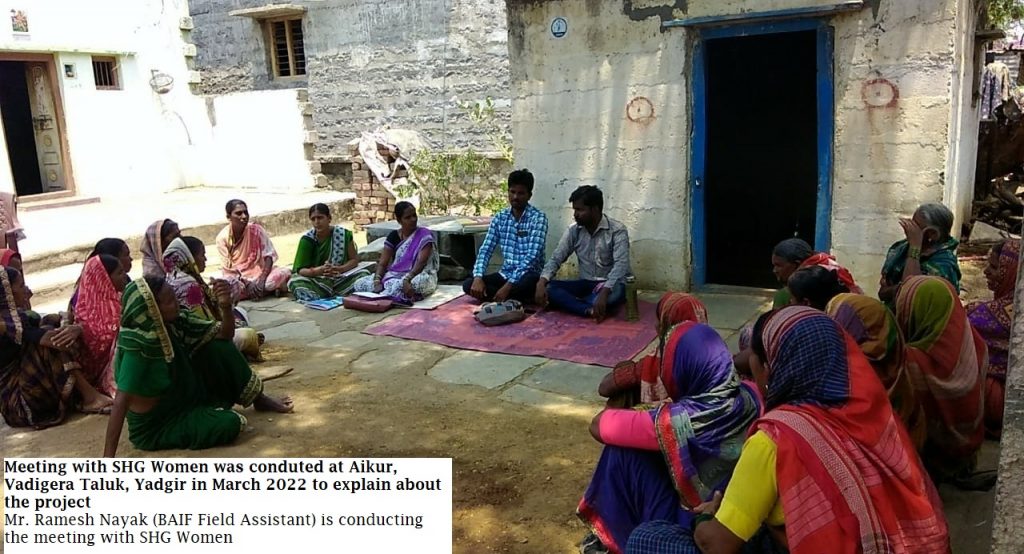
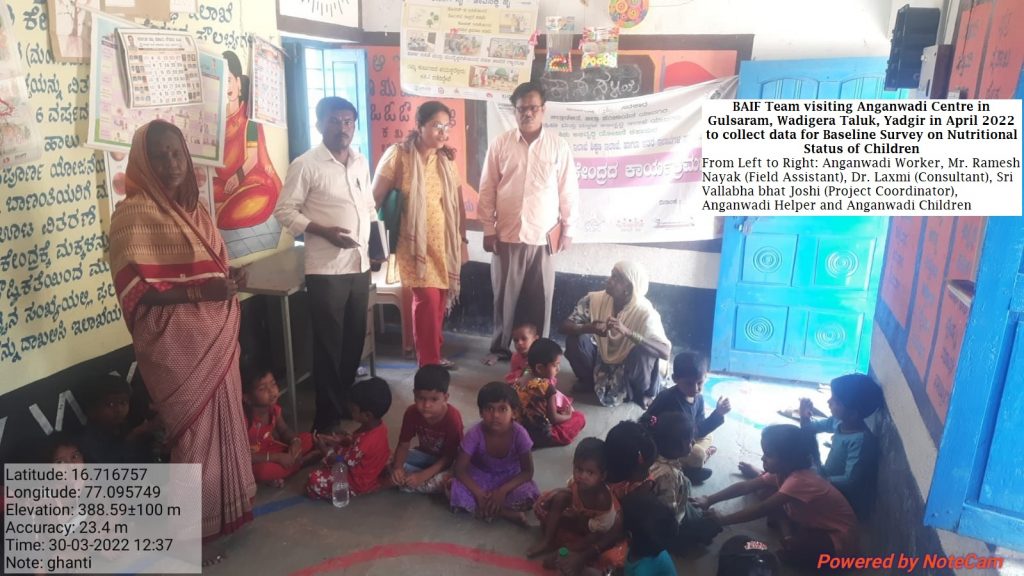
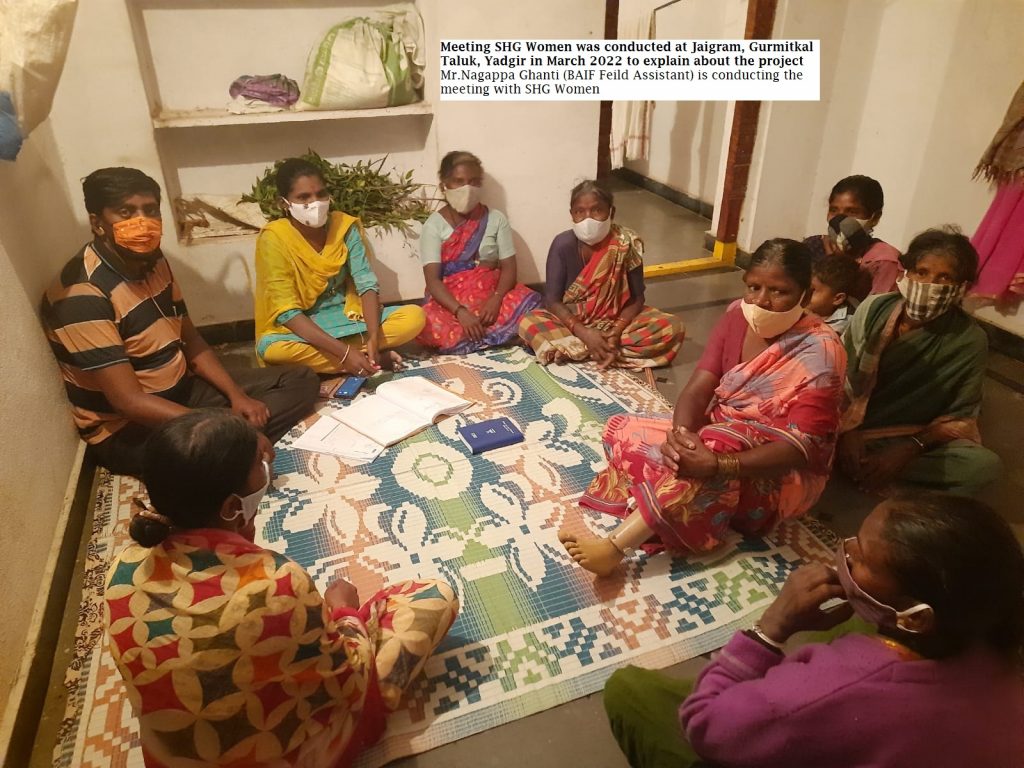
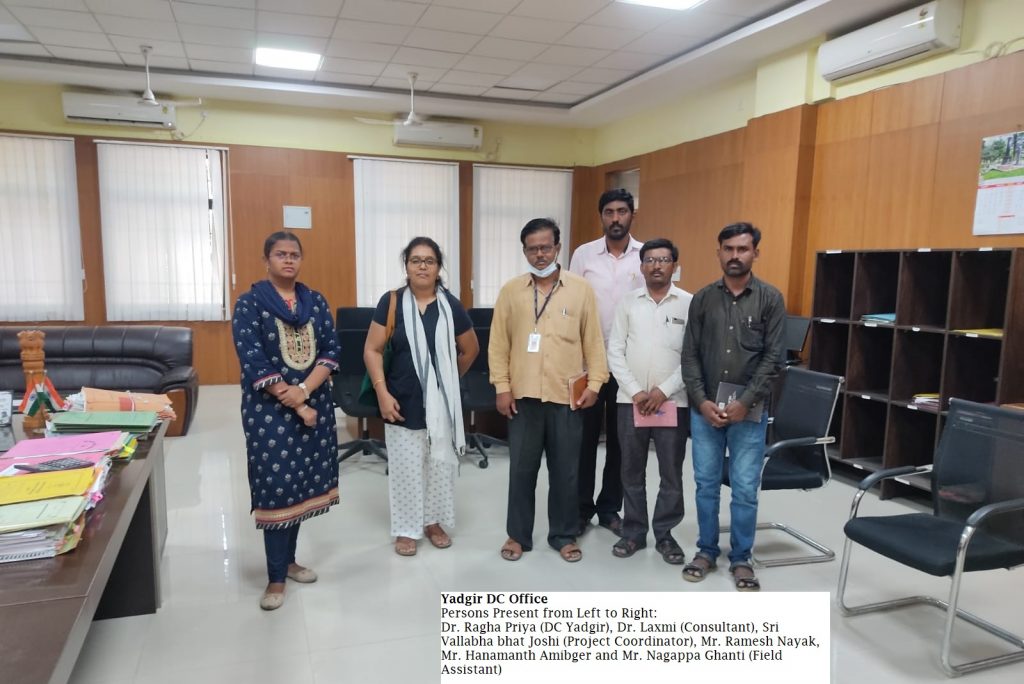
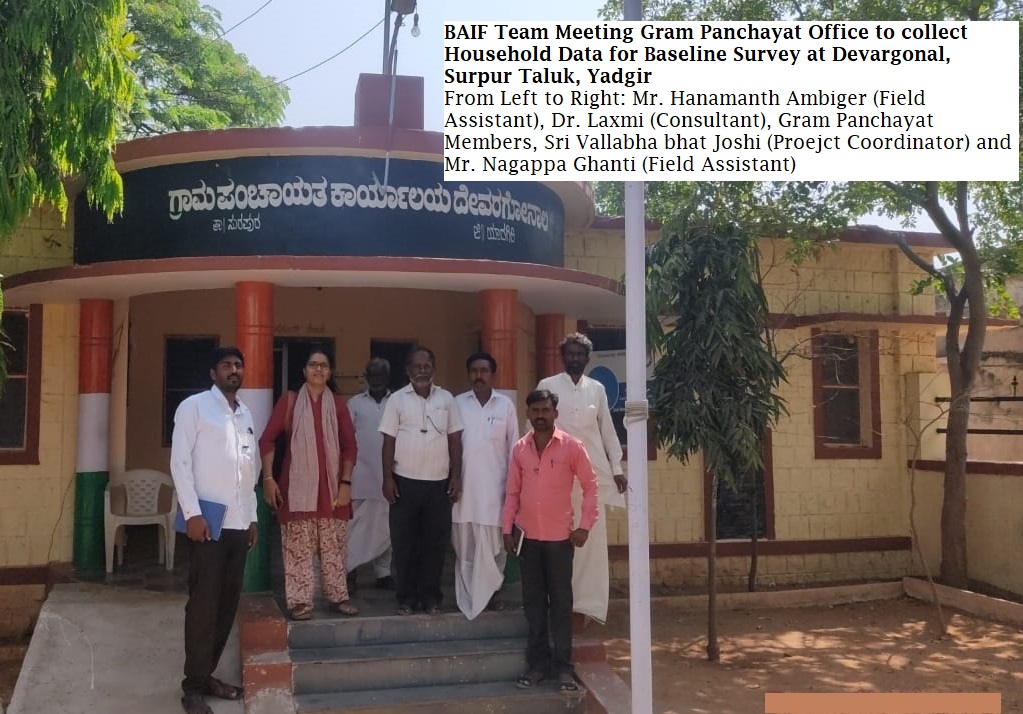
Advocacy Materials
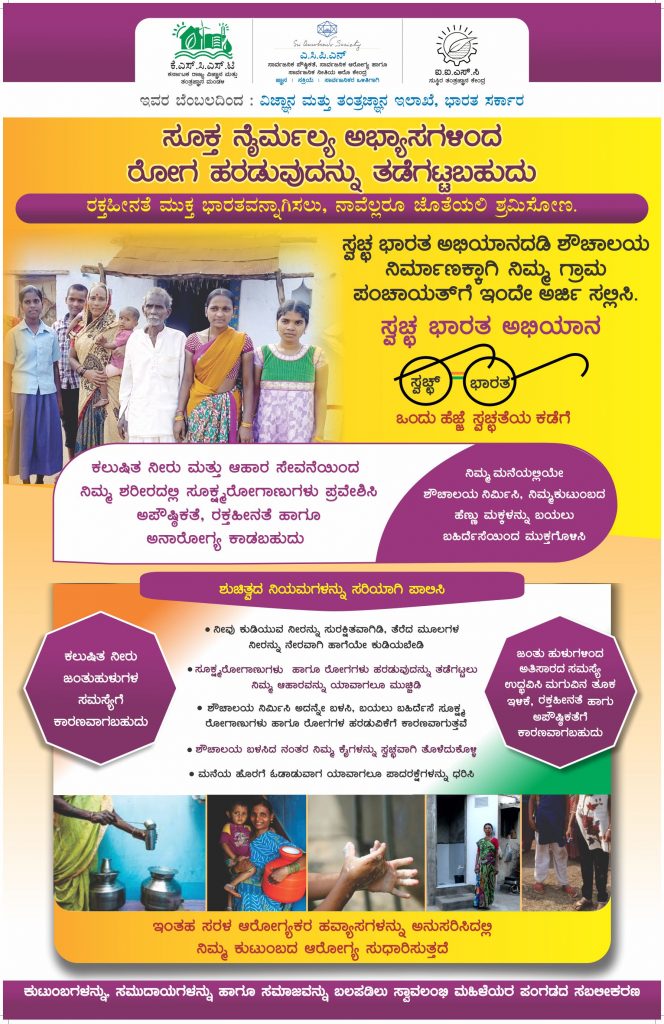
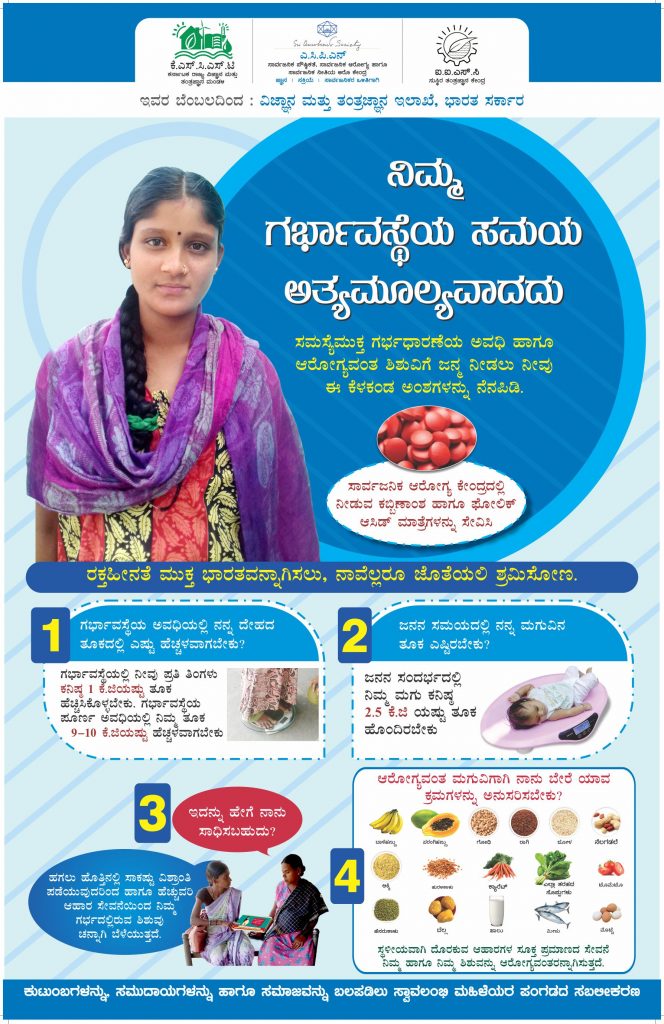
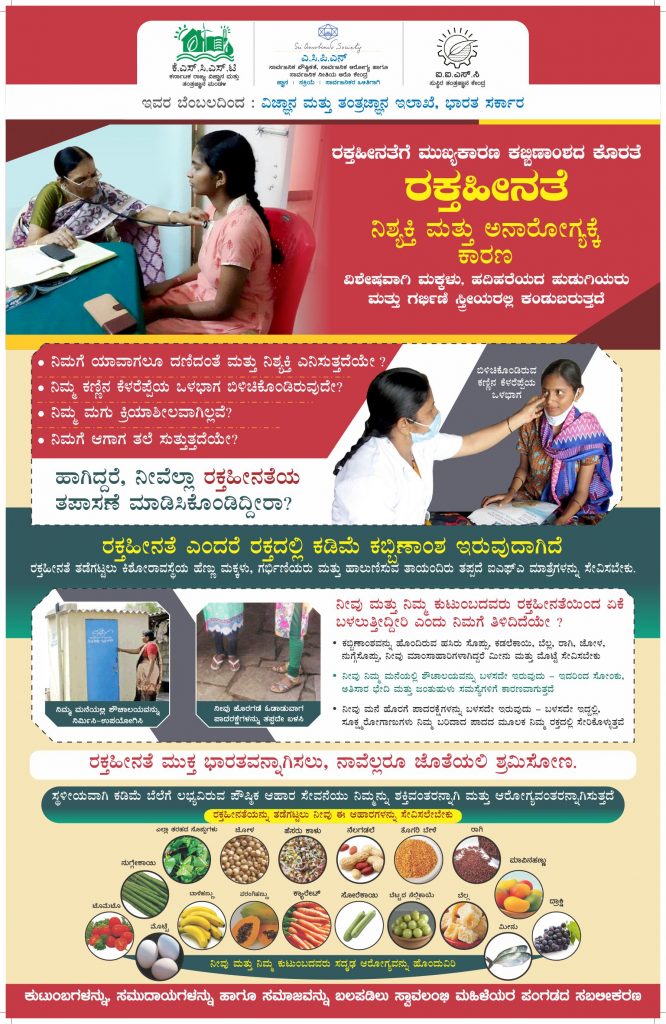
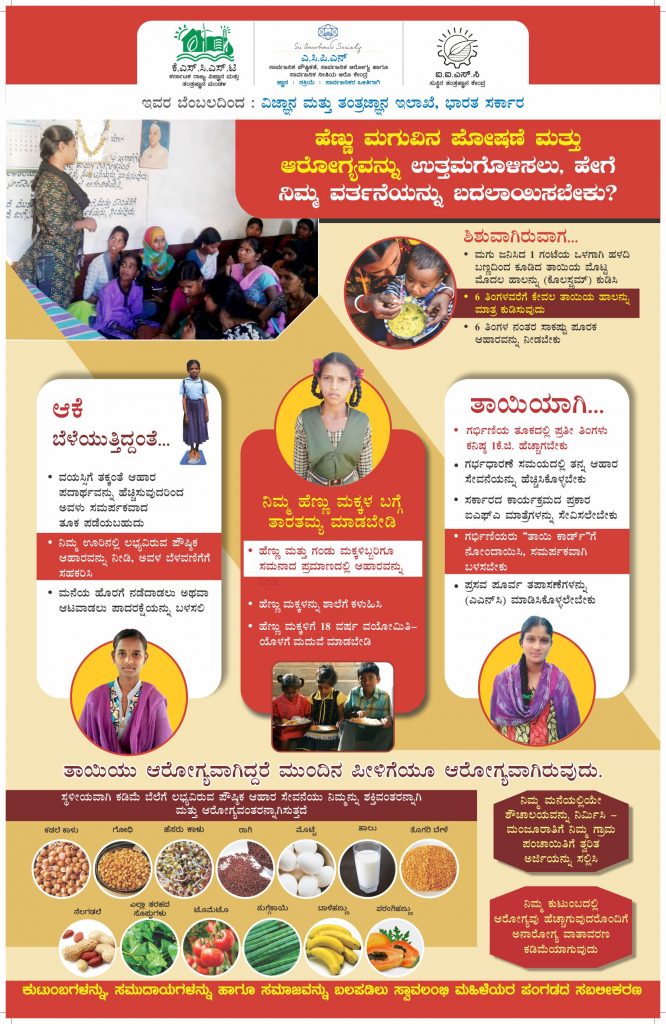
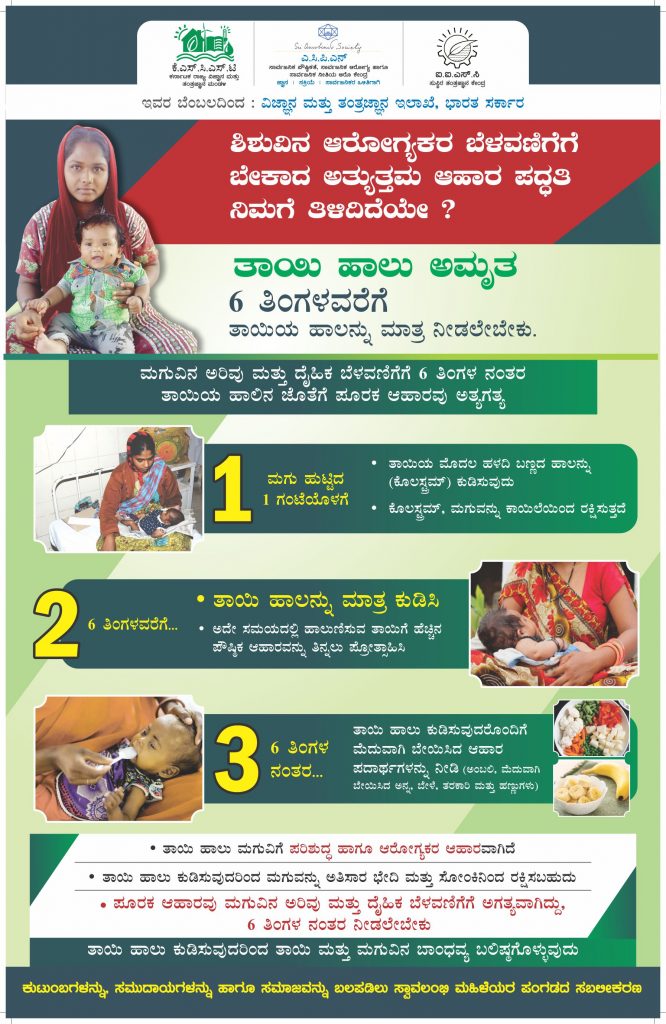
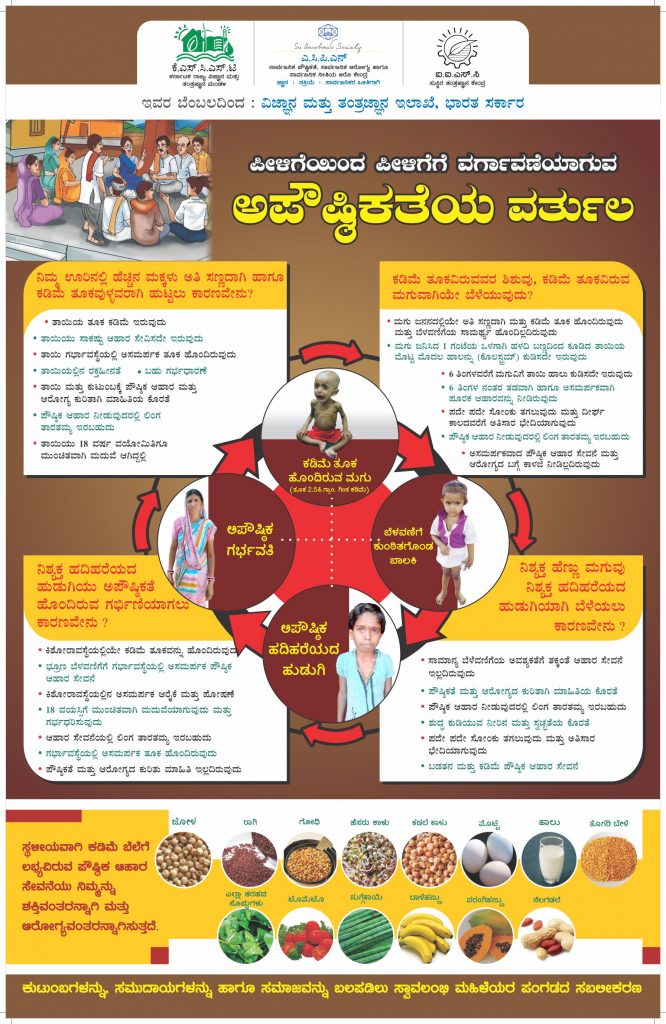
Product Development
Product Development for nutritious fortified food for children, adolescent, adults and for daily diet is completed by the Nutrition Department Lab of Mount Carmel College, Bangalore under the guidance of ACPN. Shelf life tests are in progress
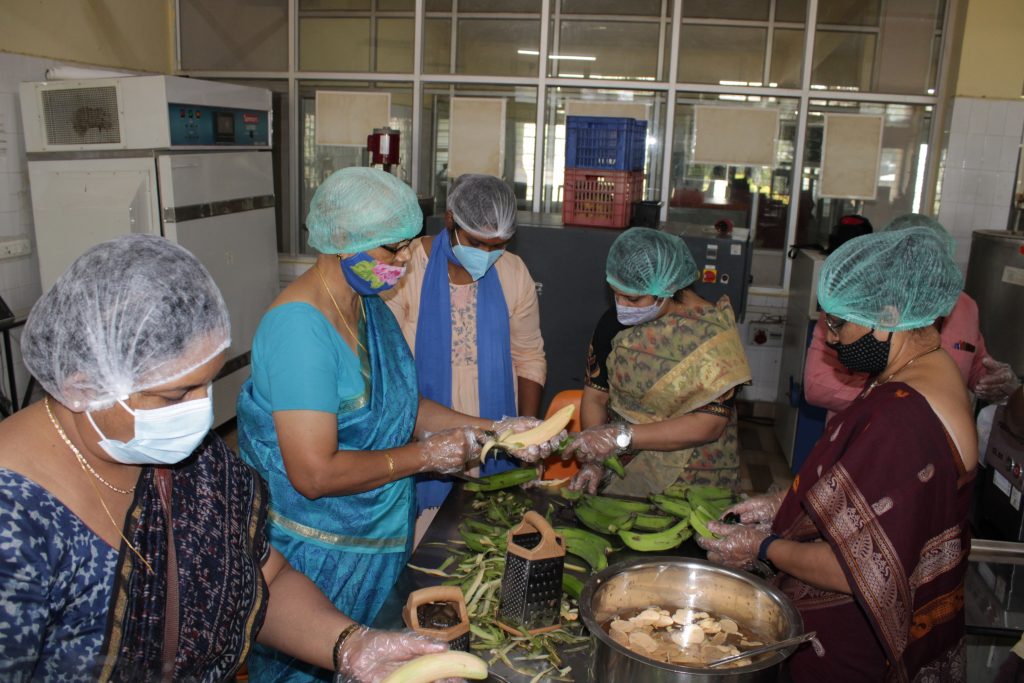
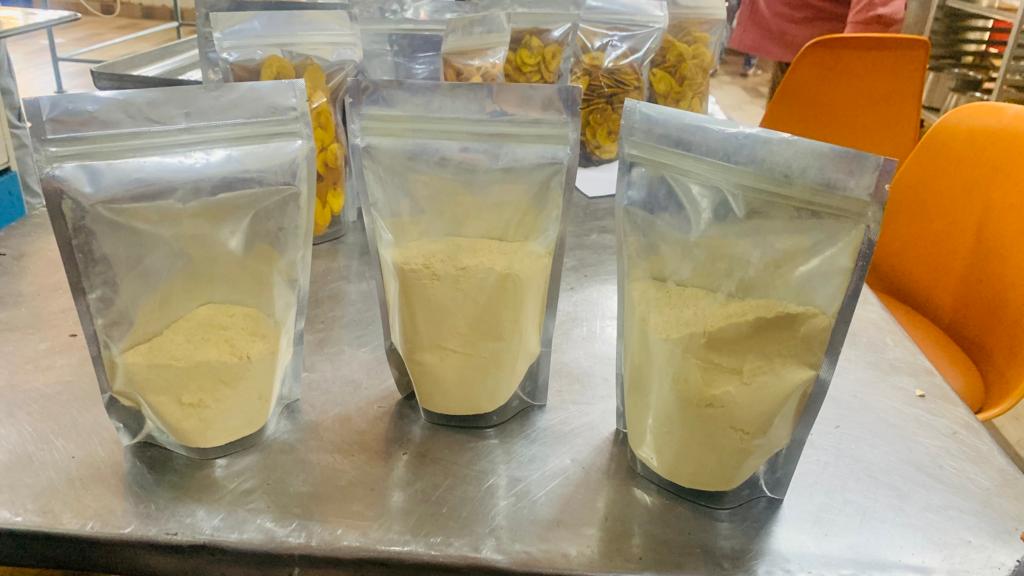
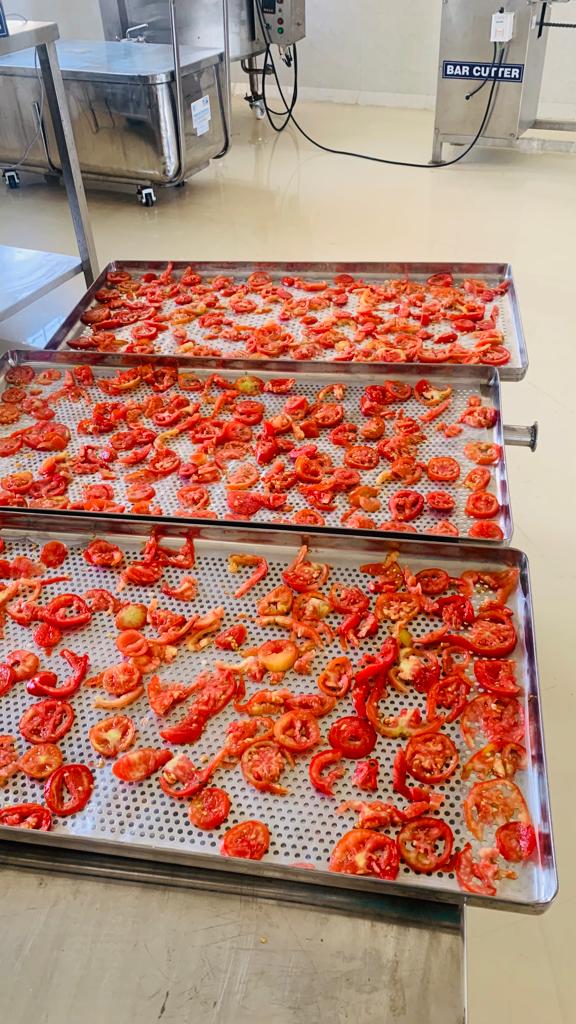
Baseline Survey
Baseline Survey and Socio- Economic Survey conducted in the villages of Yadgir District.
This project aims to improve the health and nutritional status of the community by providing information to bridge the information deficit about proper nutrition and health, and nutritious dietary supplementation to bridge the dietary deficit.
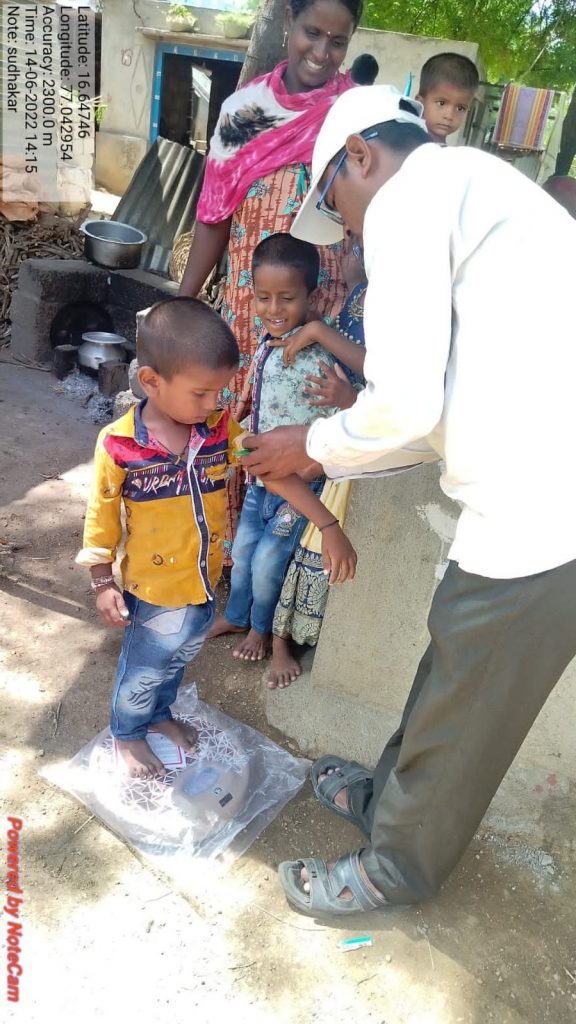
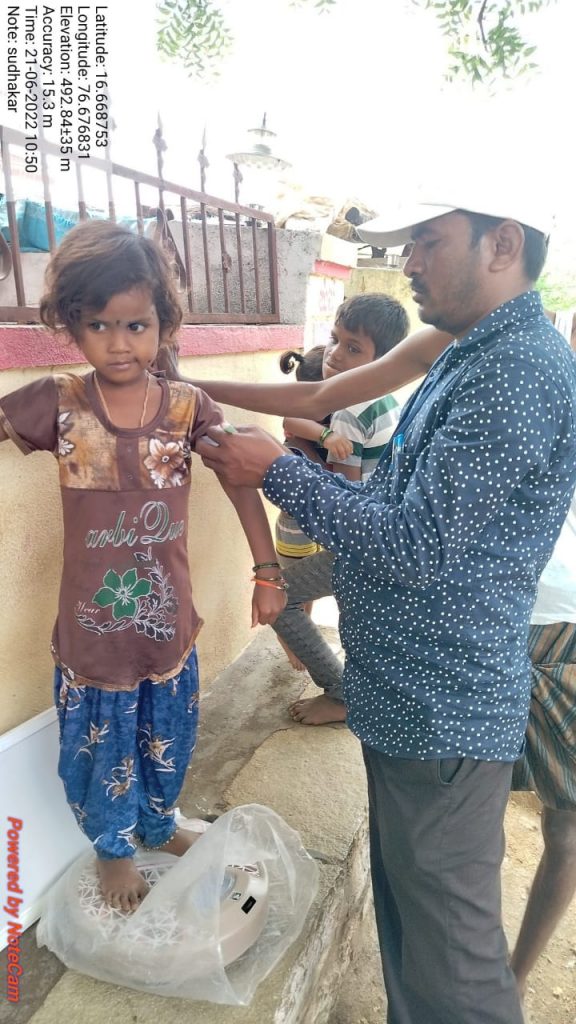
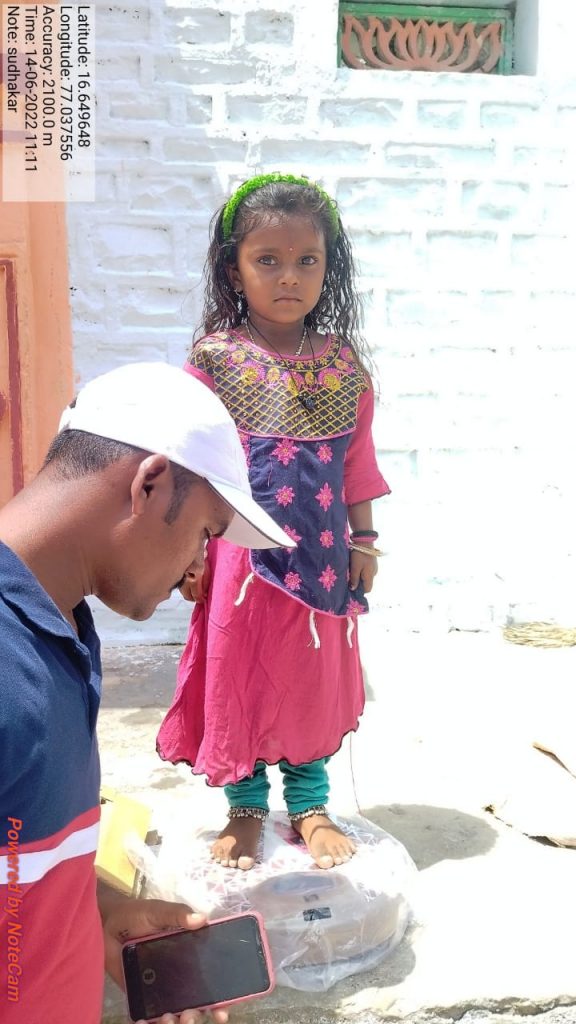
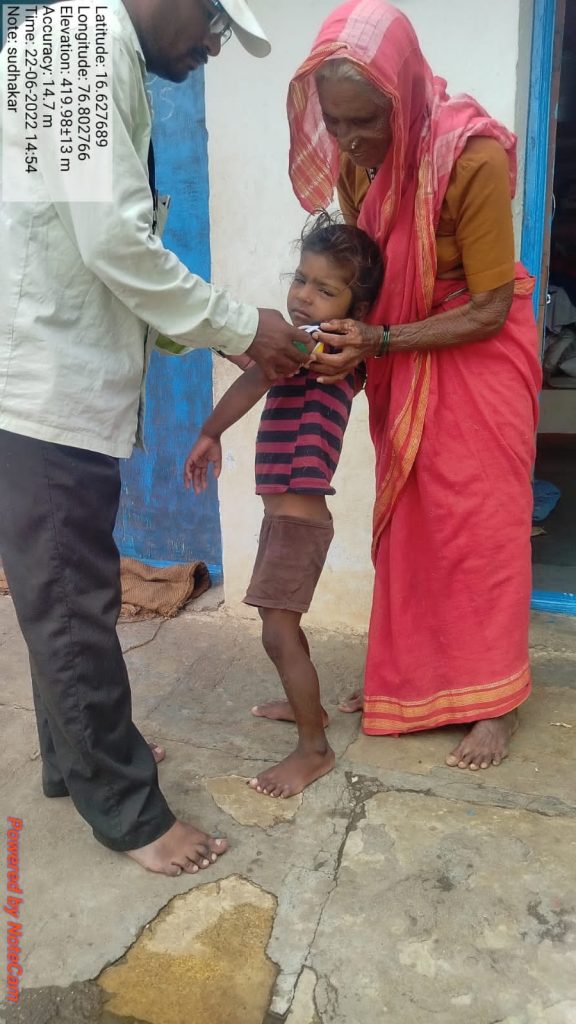
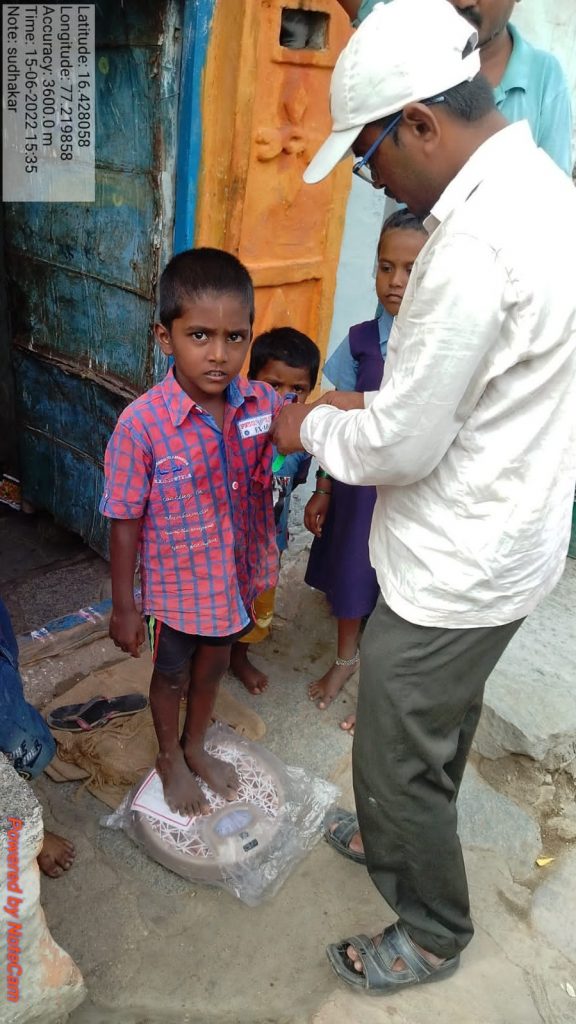
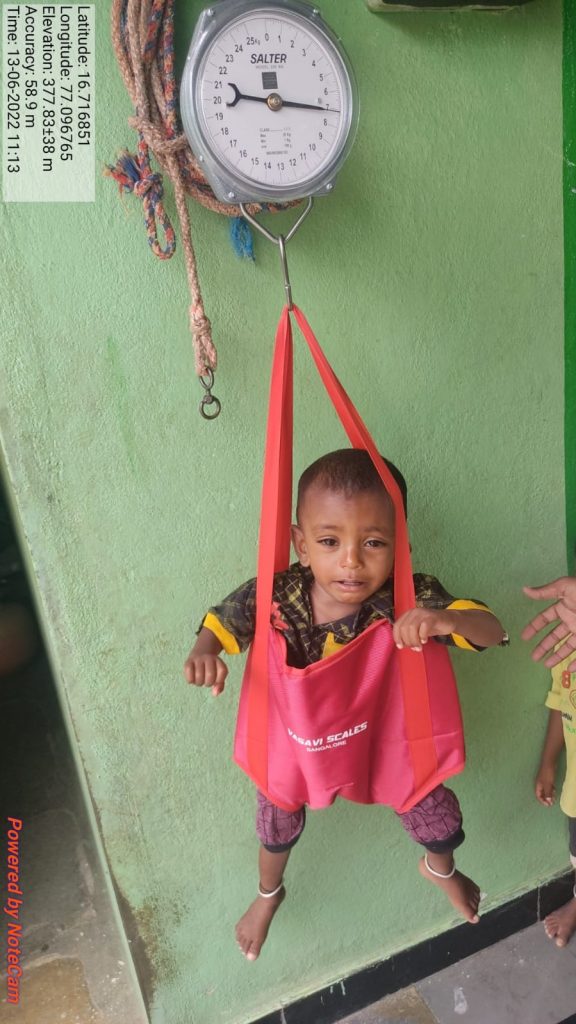
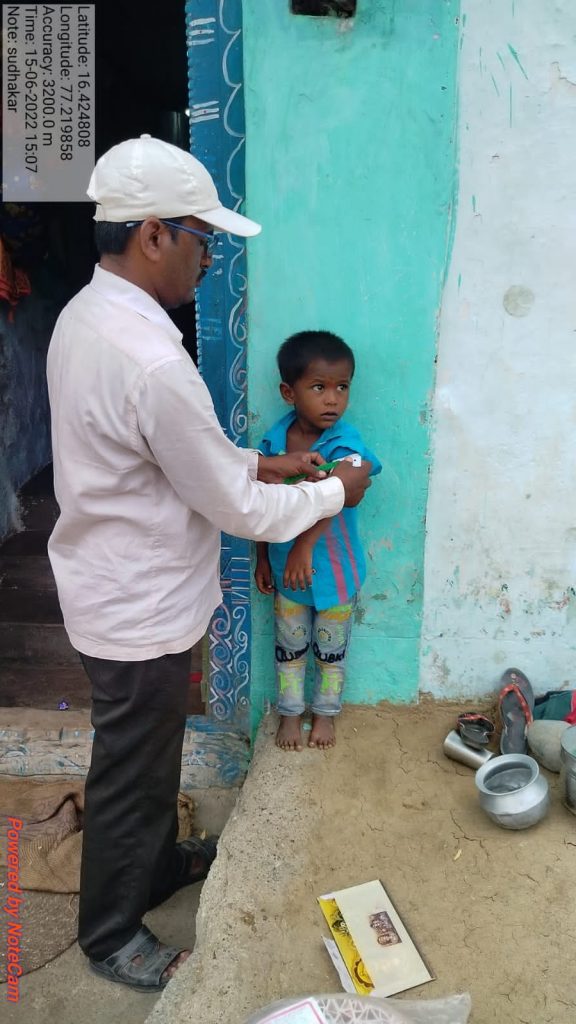
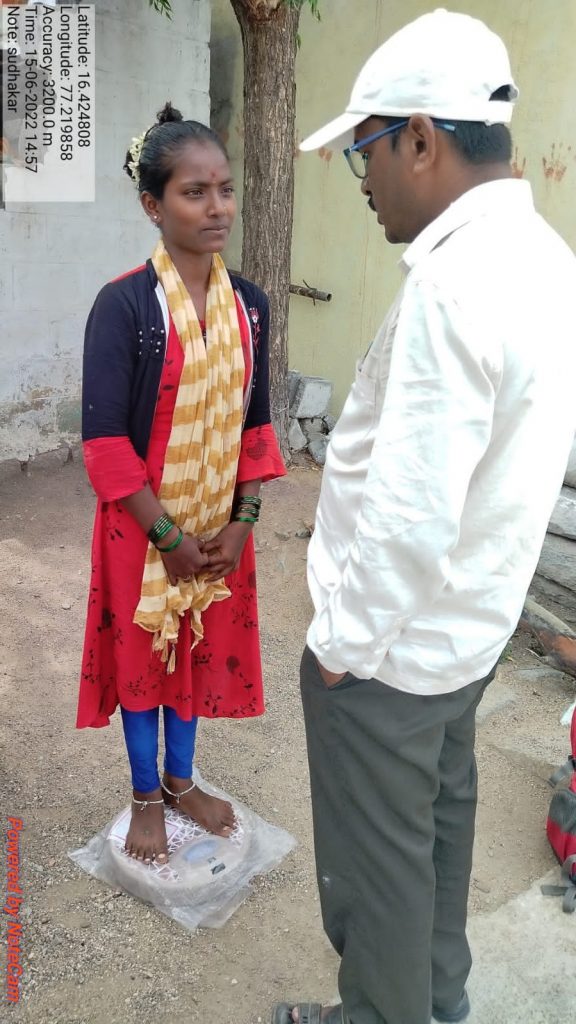
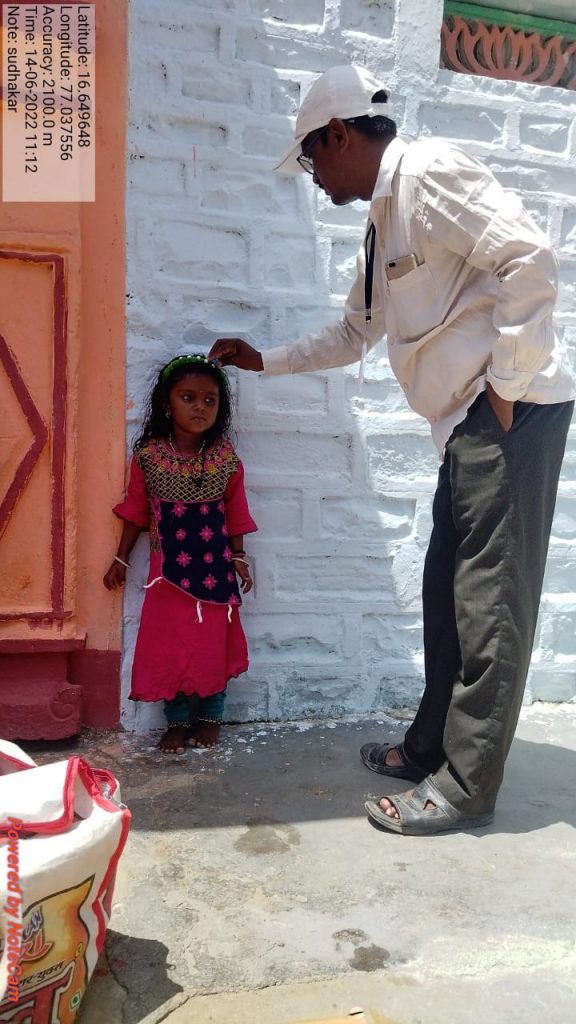
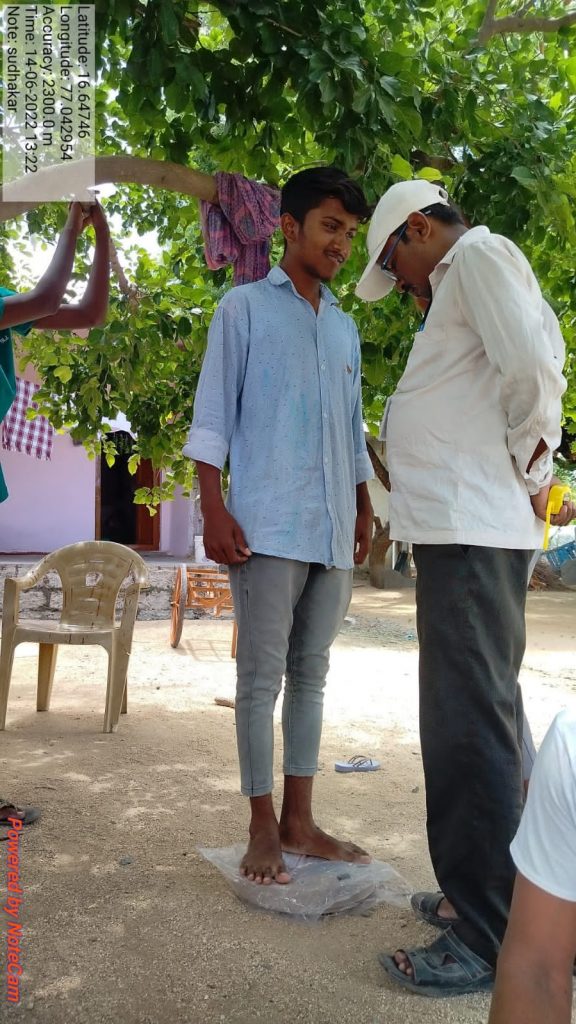
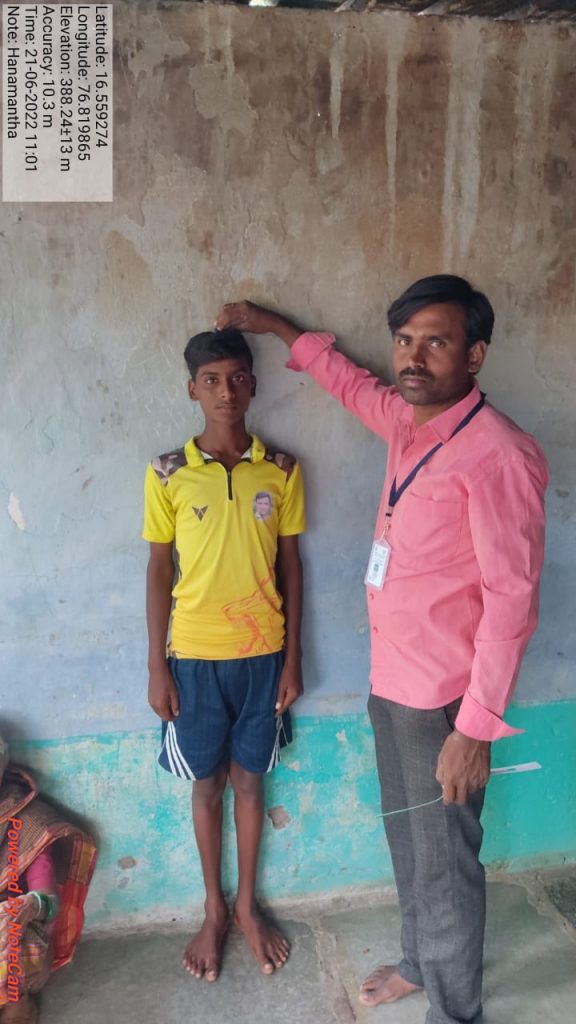
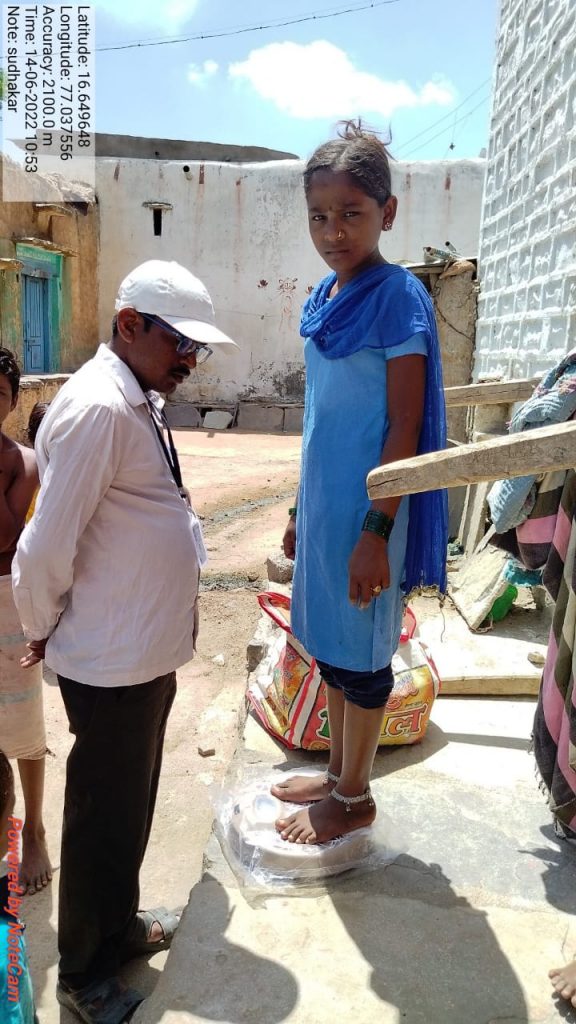
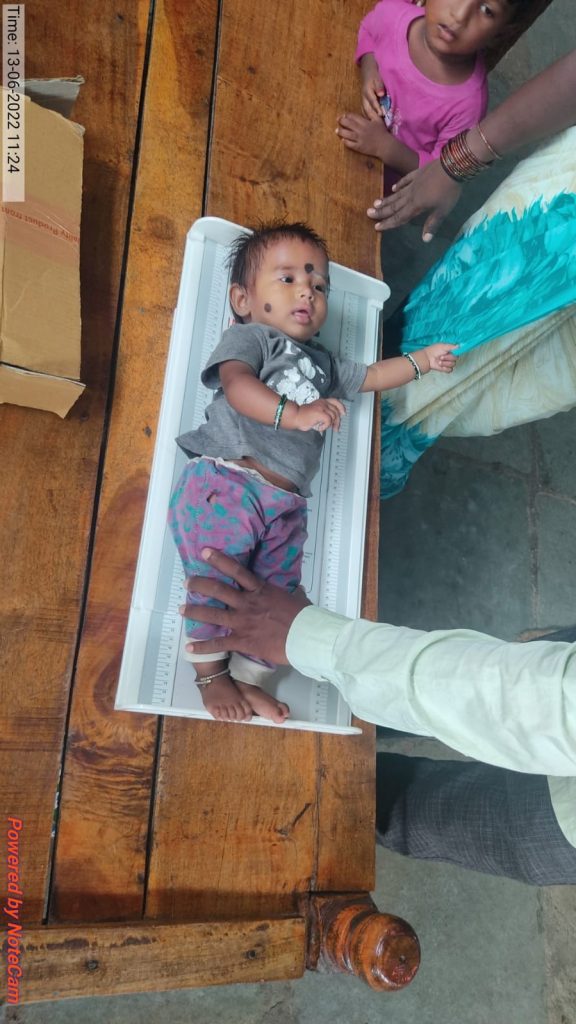
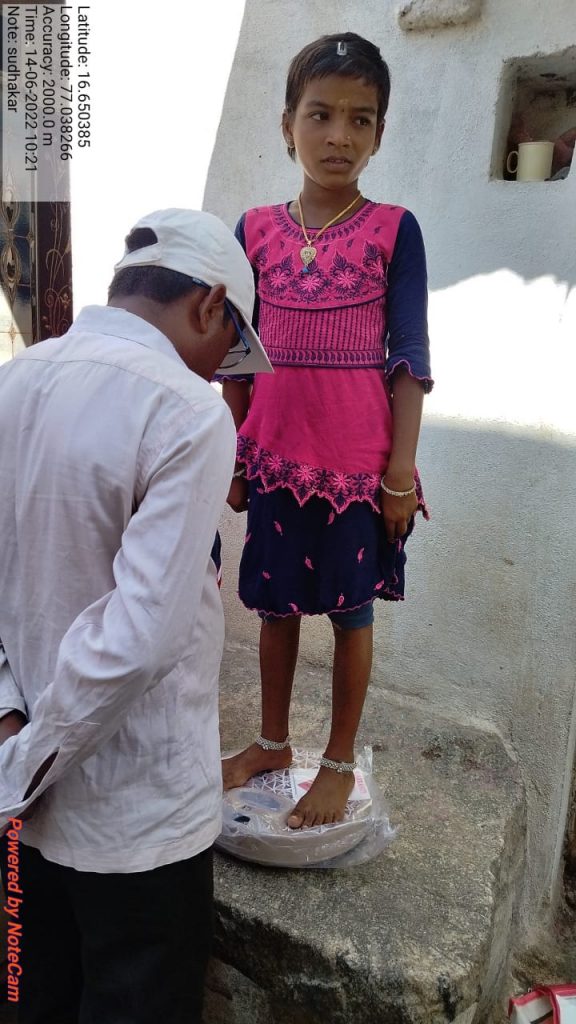
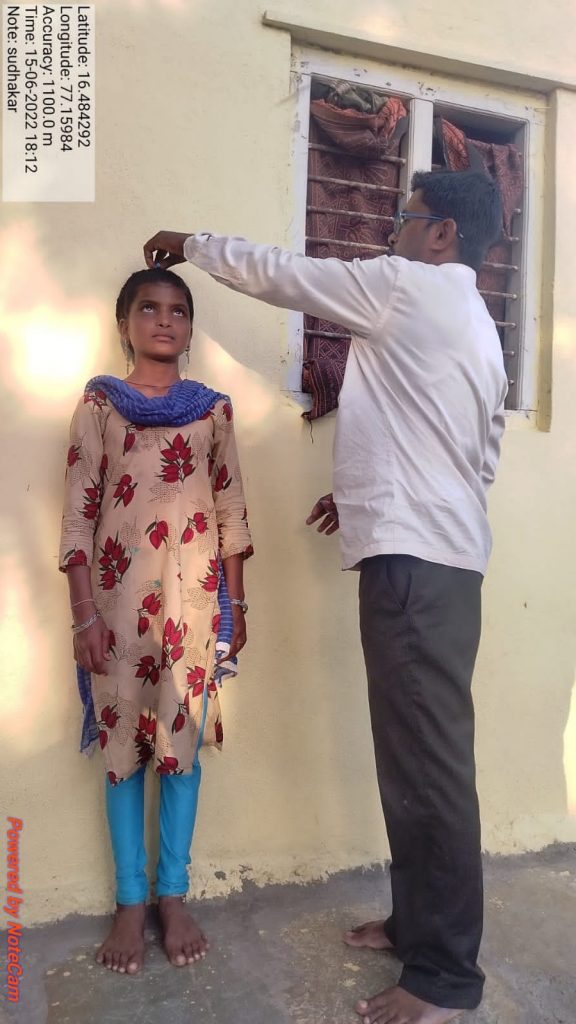
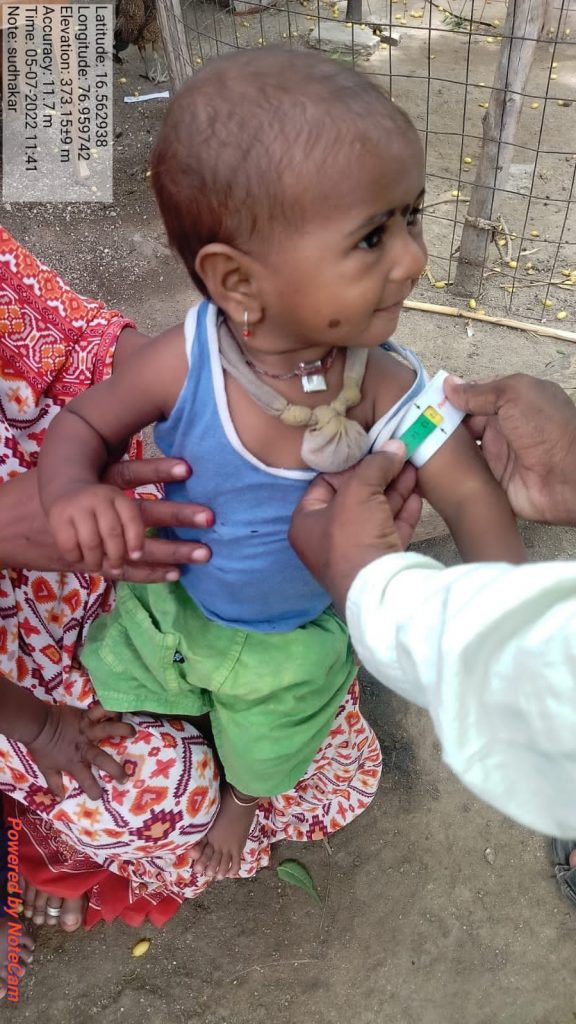
Socio-Economic Survey
Socio-Economic Survey led by Shri Ramanand Sengupta
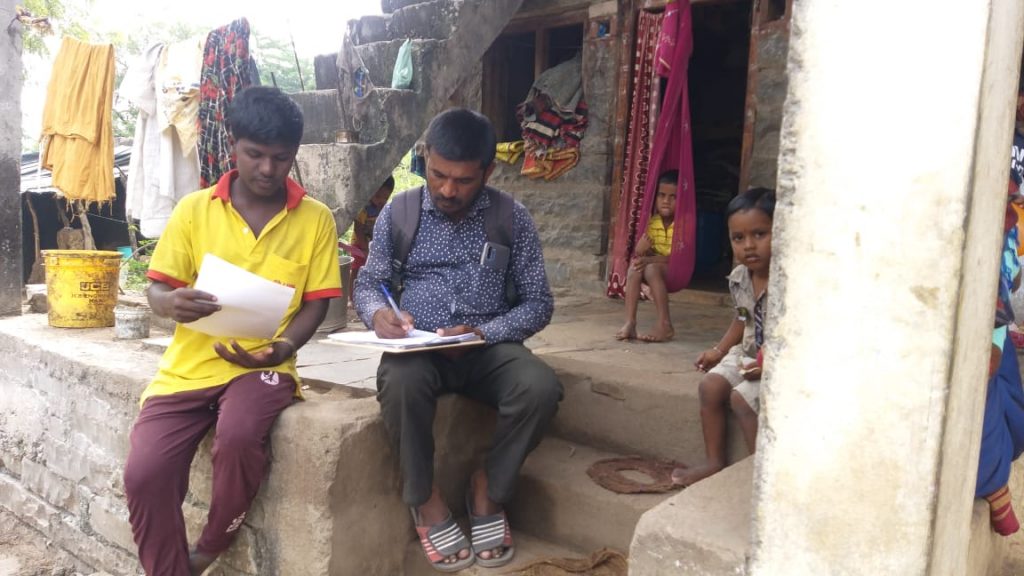
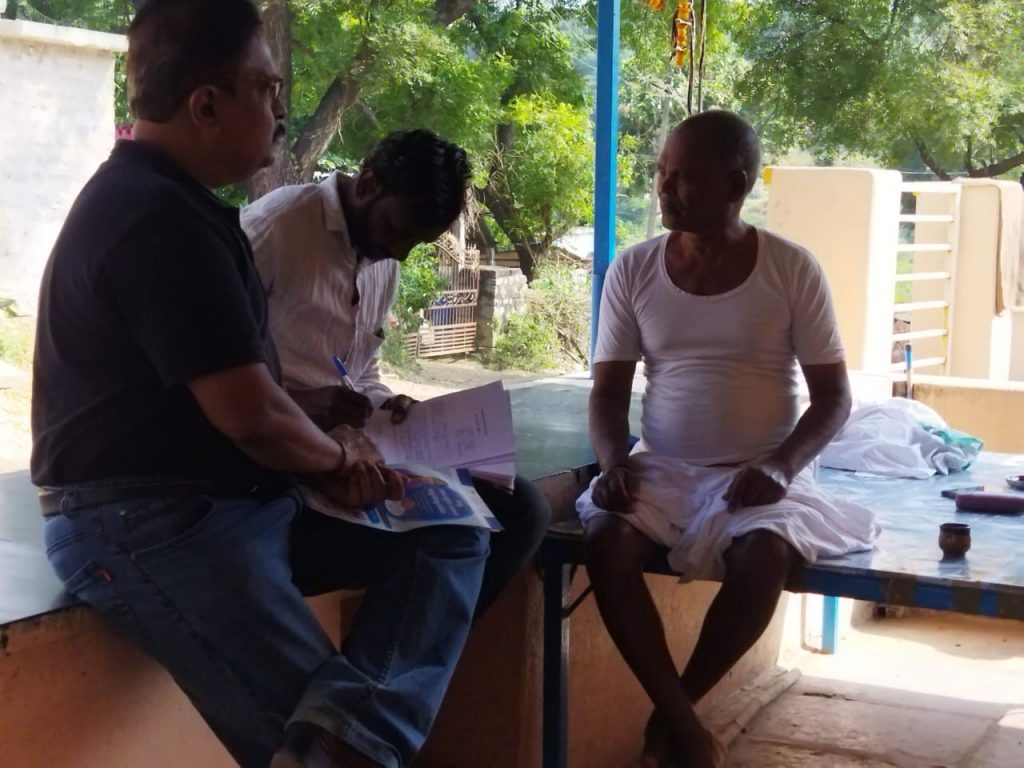
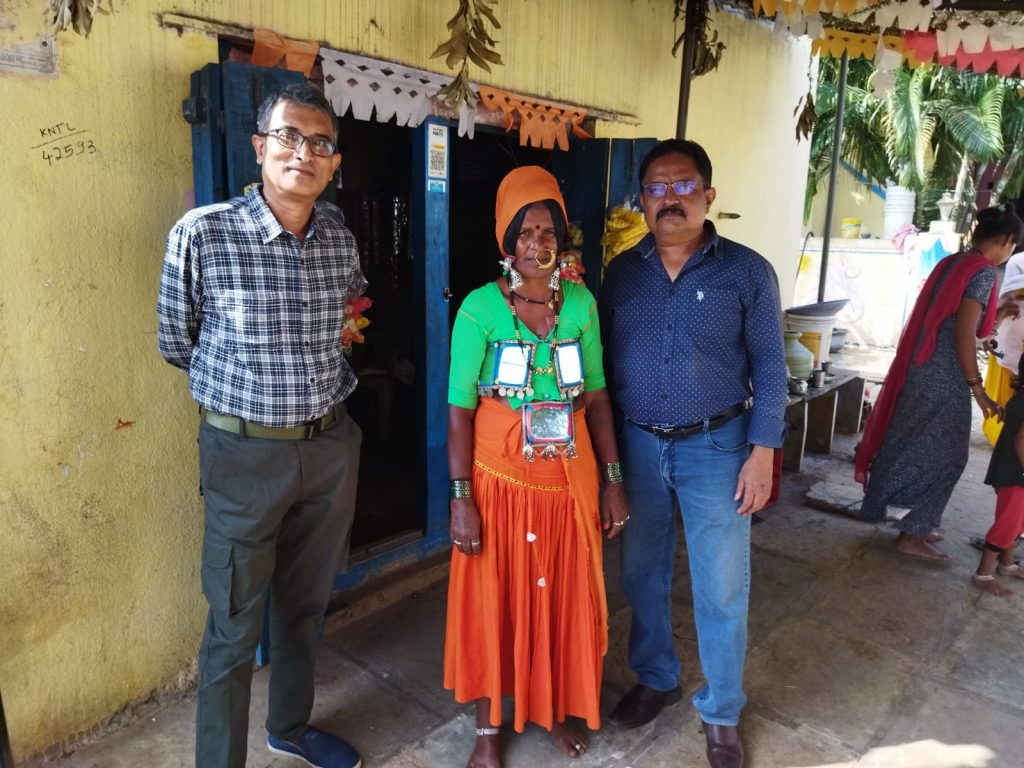
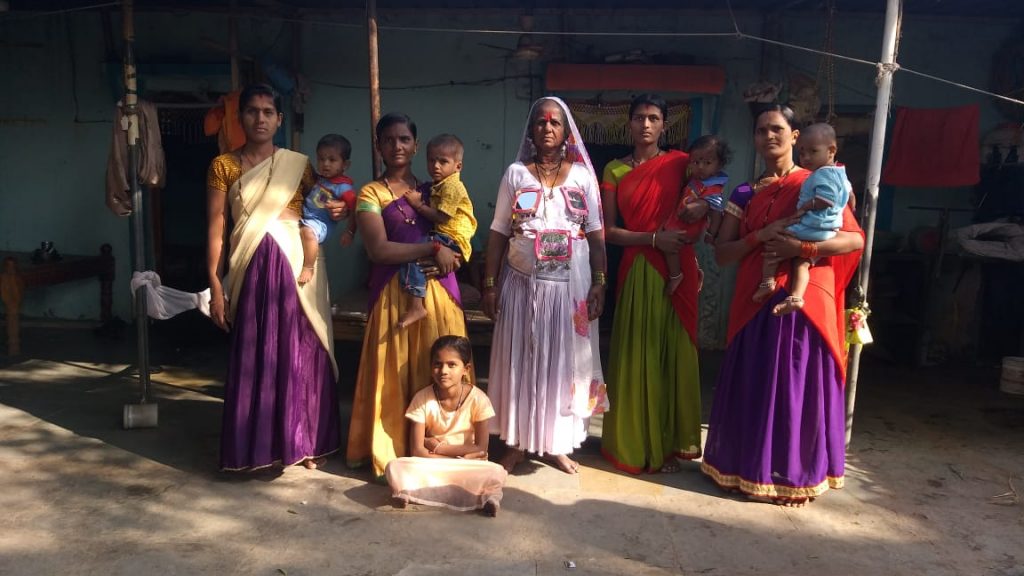
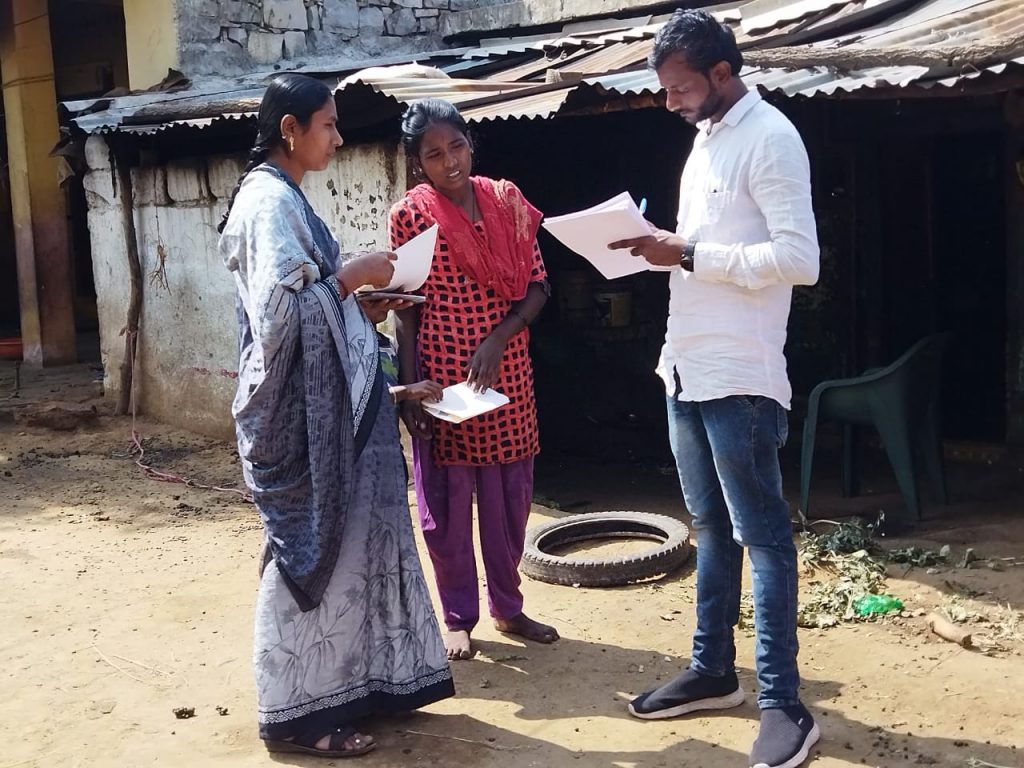
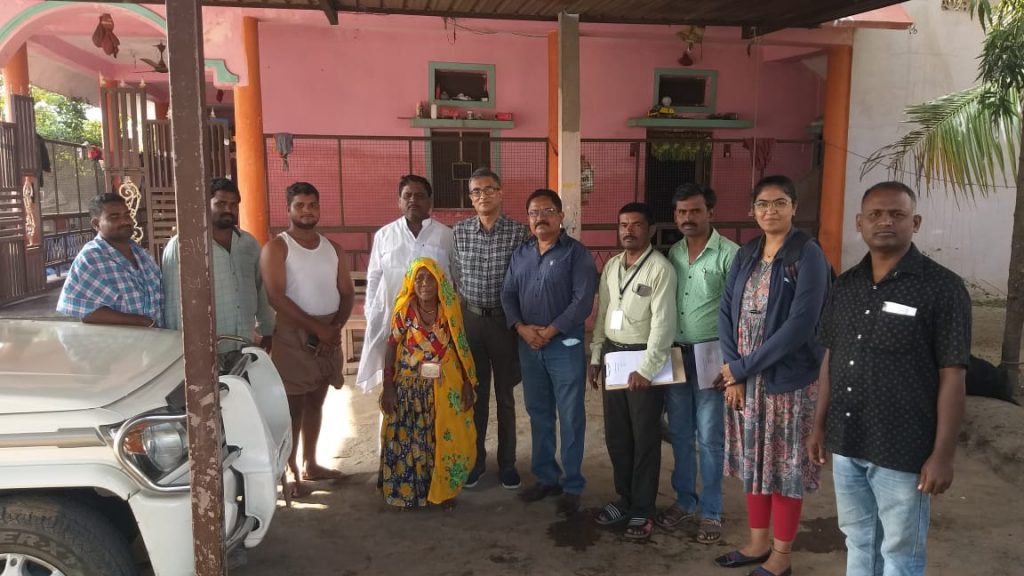
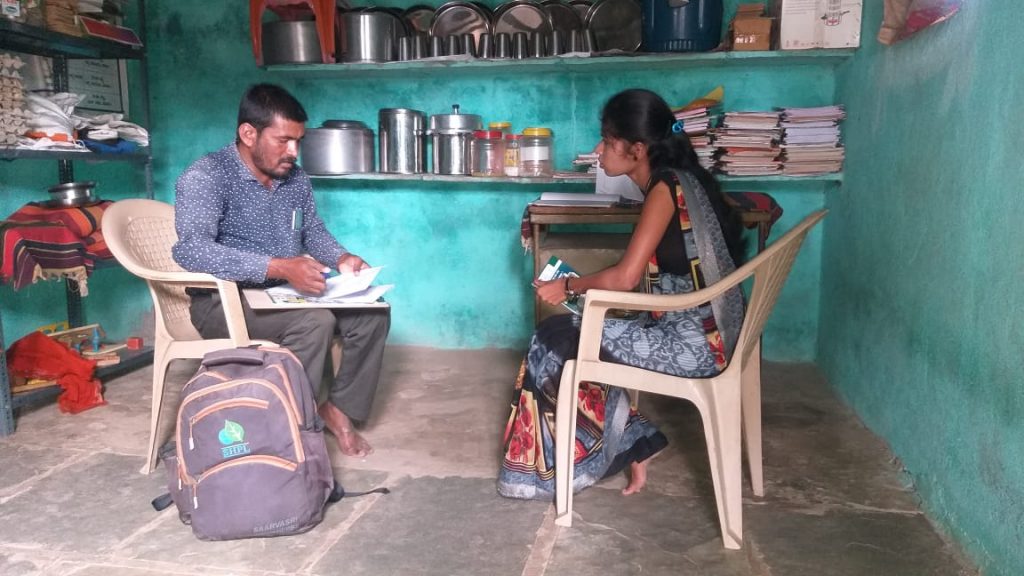
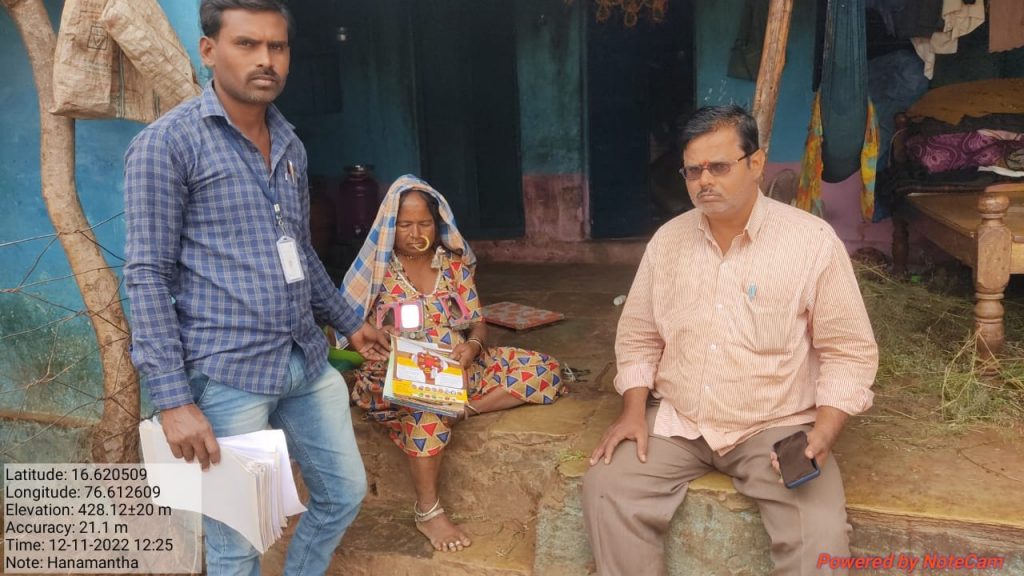
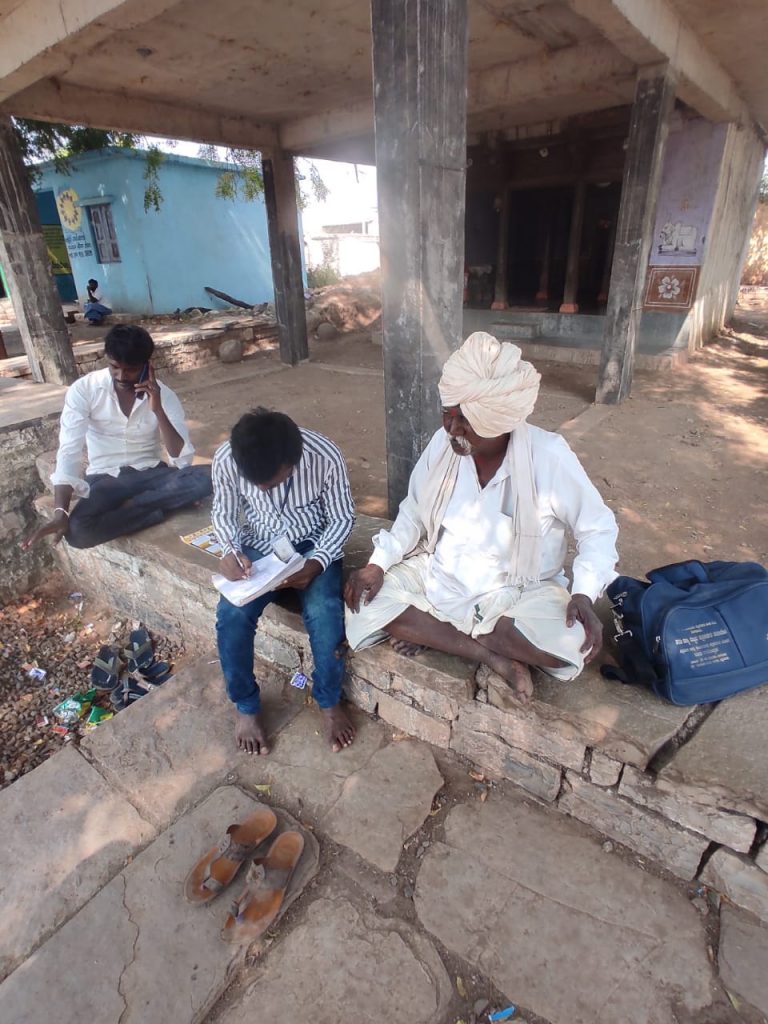
Production Unit
Production Unit is being set up in Yadgir by KSCST
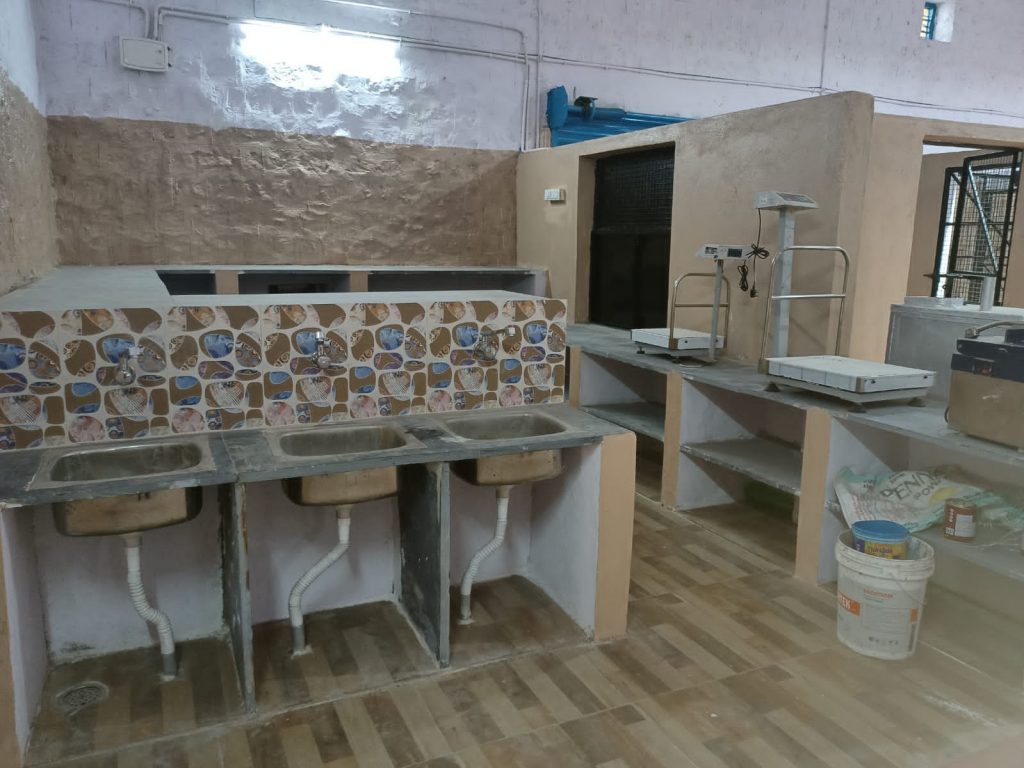
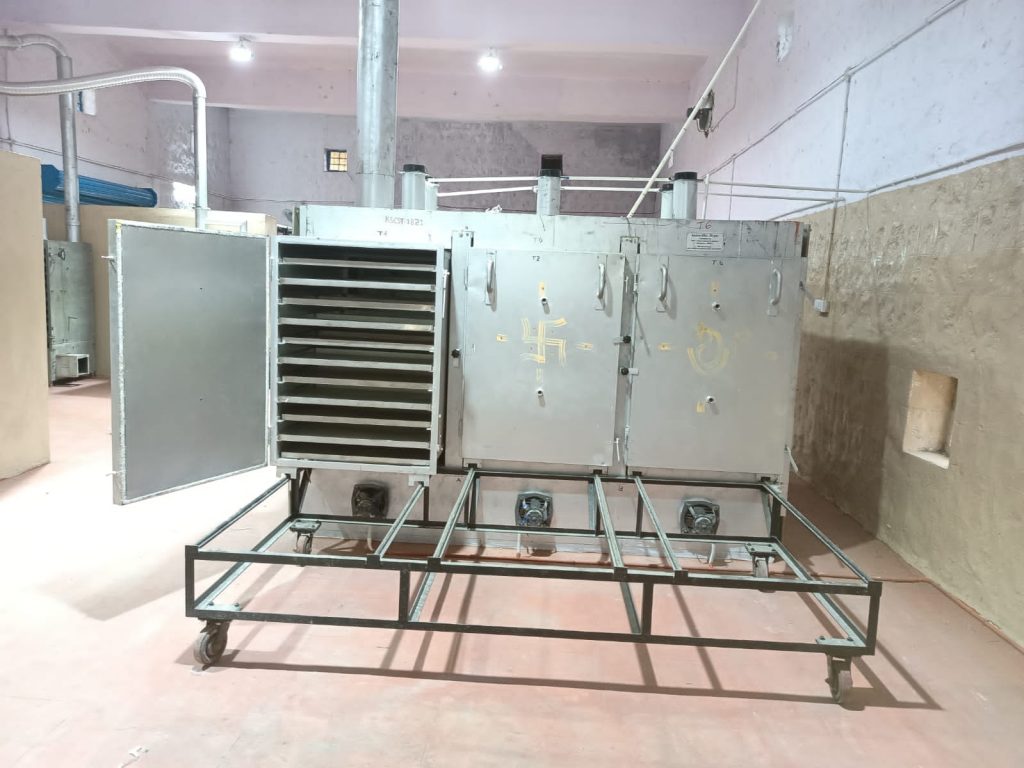
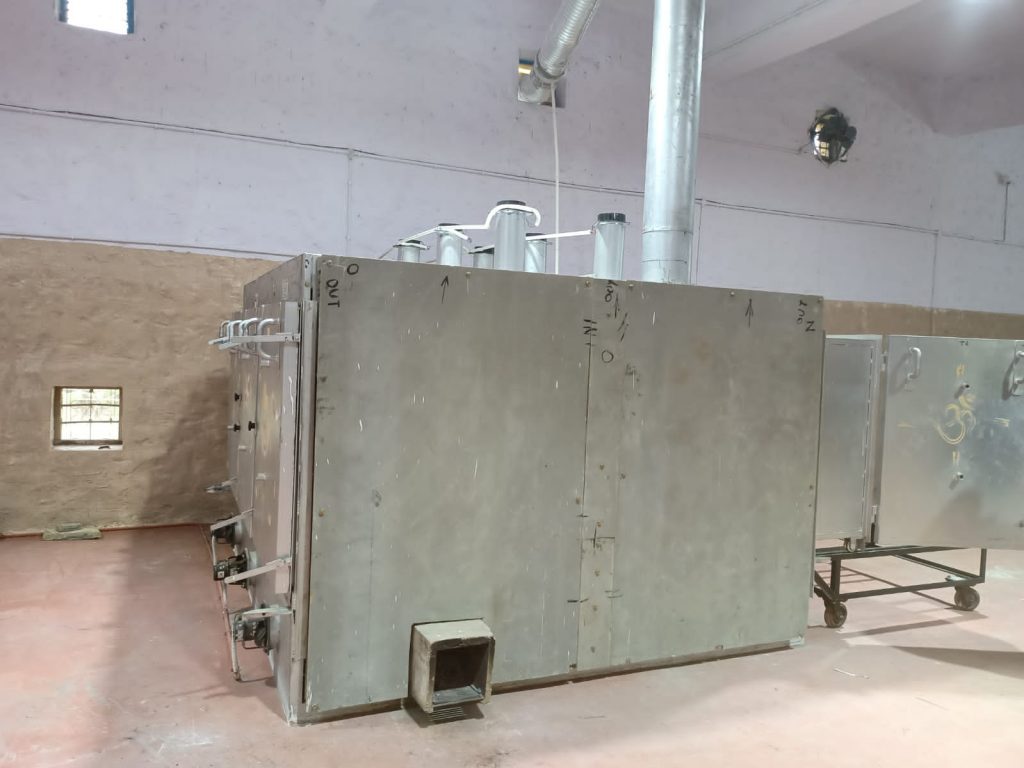
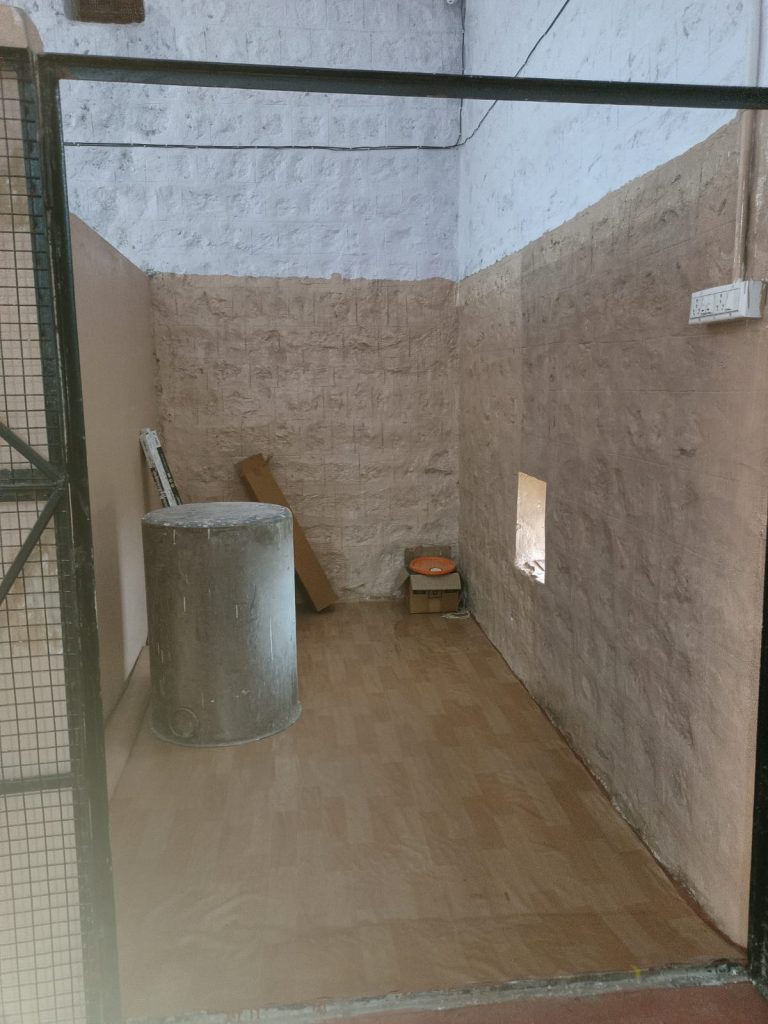
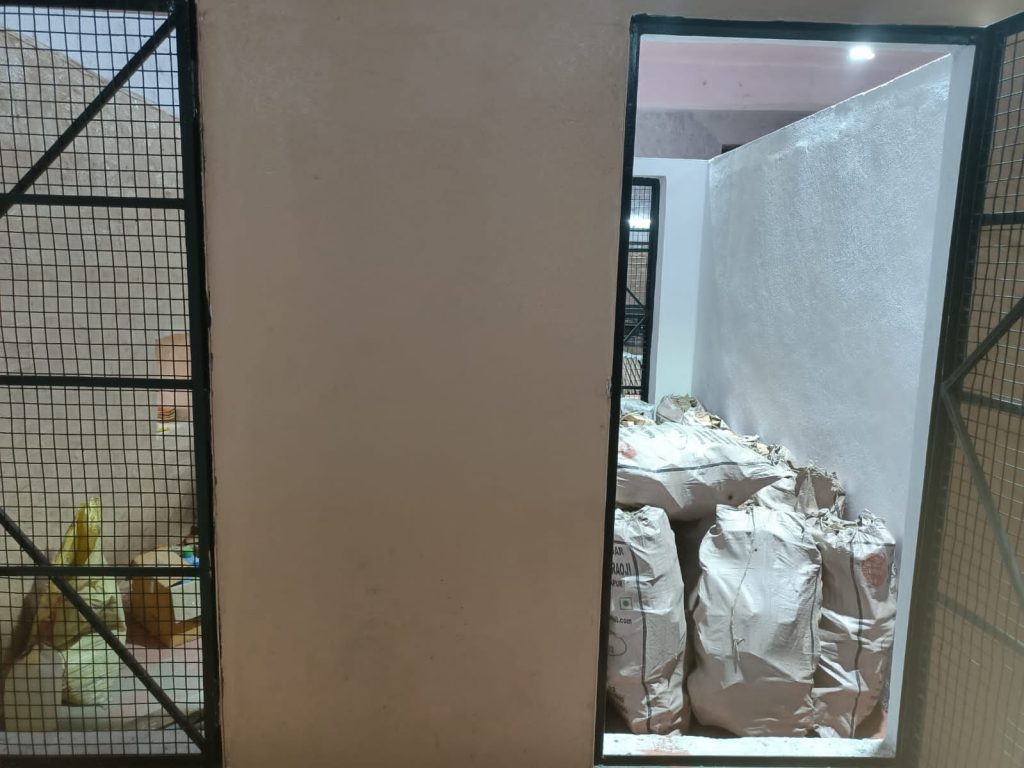
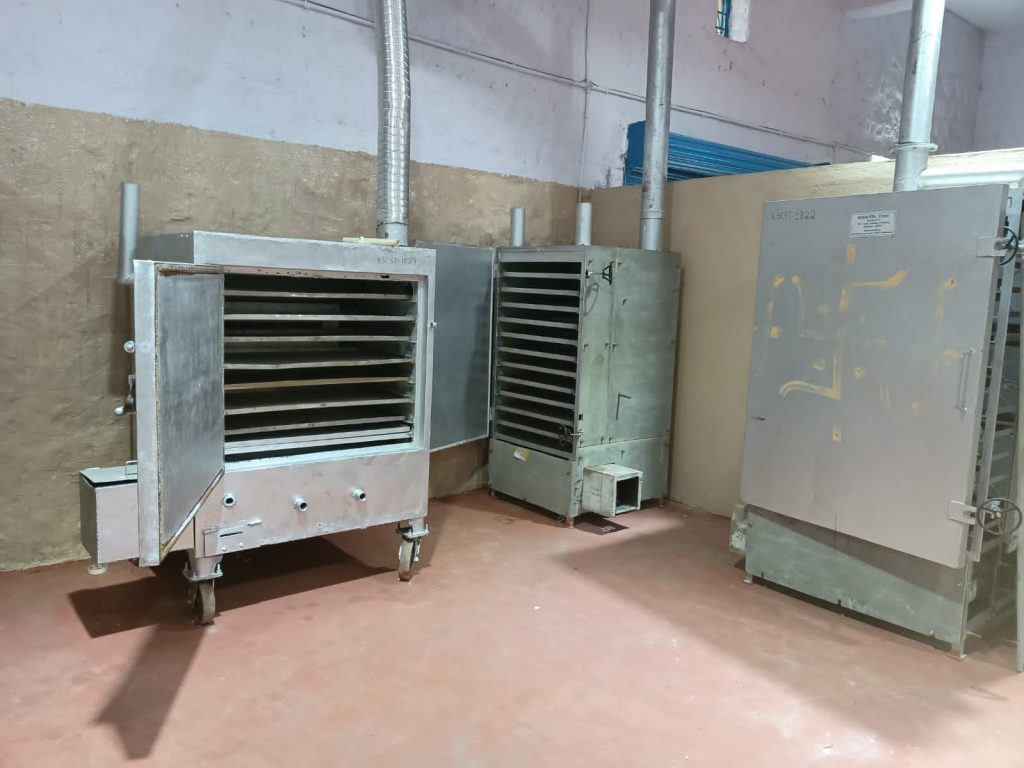
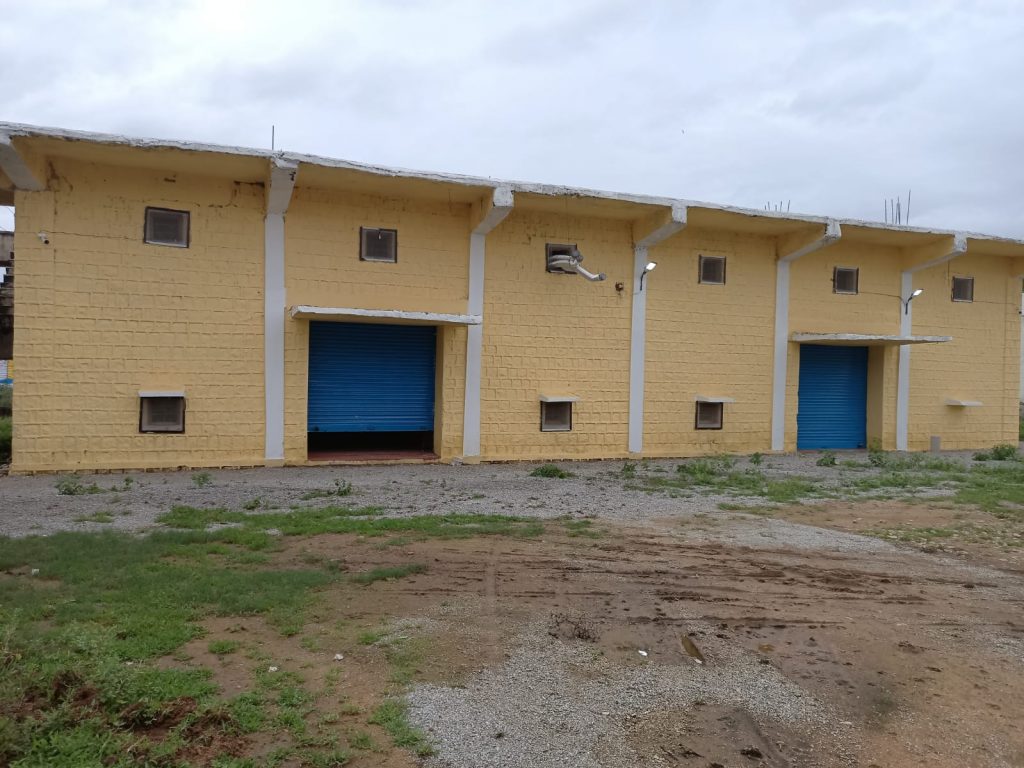
Baseline and Social Survey
Baseline and Social survey has been finalized. Some findings that need urgent interventions:
- 20% of mothers of children below 3 years (all migrant labourers) said that their infants did not consume any complementary food until they were about 2 years. The mothers said that whenever the infants were given something from the family food, mostly roti, dal, idli or ganji, they were not able to digest it and became ill. All the mothers were migrant workers and did not access any benefits from ICDS.
- About 57% of mothers of children under 3 years and 63.5% mothers of children between 3-5 years are illiterate.
- Among children aged 6-35 years, about 64.5% are either stunted, or wasted or underweight.
- The proportion of children (both boys and girls) under 3 years who are not stunted, not wasted or not underweight decreases as the age increases, implying that their nutritional status/health deteriorates as they grow older.
- Among children aged 3-5 years about 72.79% are either stunted or wasted or underweight.
- The proportion of children (both boys and girls) who are not stunted, not wasted and not underweight decreases as age increases, implying that the nutritional status/health of the children is deteriorating as they grow older.
- About 17.5% of adolescent girls and 7.2% of the adolescent boys (between 11-18 years) are illiterate. None of the girls have studied up to class 10, and about 20% of boys are in class 10.
- Overall, about 47.39% adolescent girls and 52.9% adolescent boys are severely underweight and 27.96% girls and 30.77% boys are moderately underweight.
- Consumption of fruits, vegetables, dairy products constitute a very small part of the daily diet.
|
|
BLS Yadgir |
NFHS 5-Yadgir |
NFHS 5-Karnataka |
|
Percentage children under five years# |
% (N) |
%(N) |
%(N) |
|
Stunted* |
47.9 (698) |
57.6(215) |
35.4 (6785) |
|
Wasted* |
32.5 (695) |
17.7 (209) |
19.5 (6563) |
|
Underweight* |
53.5 (703) |
45.2 (219) |
32.9 (6991) |
|
Adolescent BMI (% BMI < 18.5 – total thin)$ |
(11-18 Years) |
|
(15-19 years) |
|
Boys |
83.3 (221) |
– |
47.1 (576) |
|
Girls |
75.4 (211) |
– |
42.4 (3993) |
*Statistically Significant differences at 95% CI and p < 0.05
The Base Line Survey has collected data only on the economically weakest families of the community. Hence the indicators are worse than the NFHS 5 District average.
The project is at take-off point and we are optimistic that our interventions for bringing about behaviour change, mobilization of women SHGs, setting up the production unit for fortified horticulture/ millet- based nutritious energy food for children, adolescents, adults and family would start the process of change in the lives of the people in Yadgir District and create aspirations for them.
